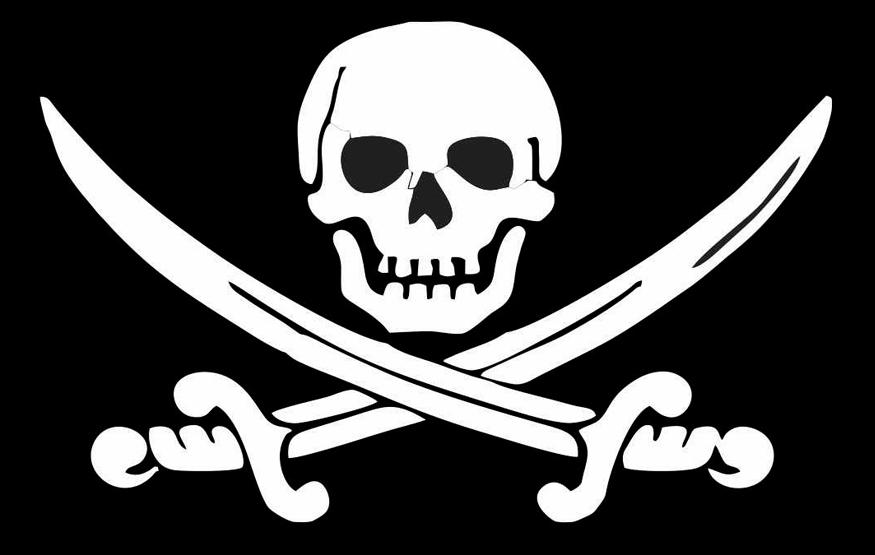Australia to punish pirates with proposed three-strike system

The Communications Alliance, Australia's primary telecommunications body, today published a draft code that would require internet service providers (ISPs) to hand over customers' information to rights holders after three piracy offences in a 12 month period.
The Communications Alliance, Australia's primary telecommunications body, today published a draft code that would require internet service providers (ISPs) to hand over customers' information to rights holders after three piracy offences in a 12 month period.
The draft code outlines a process where if a rights holder suspects a user is illegally downloading copyrighted material, they can send the user's ISP a standardised copyright notice within seven days of the activity. The ISP then has to email the user, informing them of the infringement. These notices will work on a three-strike model, dubbed Education, Warning and Final. These notices do not have to relate to works owned by the same rights holder. If all three are sent within a 12 month period, the ISP is required to hand over the user's details to the rights holder.
The code also specifies a 14 day quarantine period after a notice is sent, during which no subsequent notices are to be sent. However, the code specifies that a rights holder may refer to infringements committed during this period if they choose to commence legal action. The code is currently limited to residential fixed home internet connections.
At present, the draft code doesn't specify any additional consequences such the requirement to disconnect an infringing user's internet. It also doesn't specify who will bear the costs of such a scheme, or how the system will handle users who mask their IP addresses.
The 34-page code is available for perusal on the Communications Alliance website. The public is able to provide feedback on the draft up until March 23, at which point the code will be finalised and submitted to the Australian Communications and Media Authority. If agreed on, ISPs will be required to start issuing warnings from September 1. The code's effectiveness would then be independently evaluated after 18 months.







